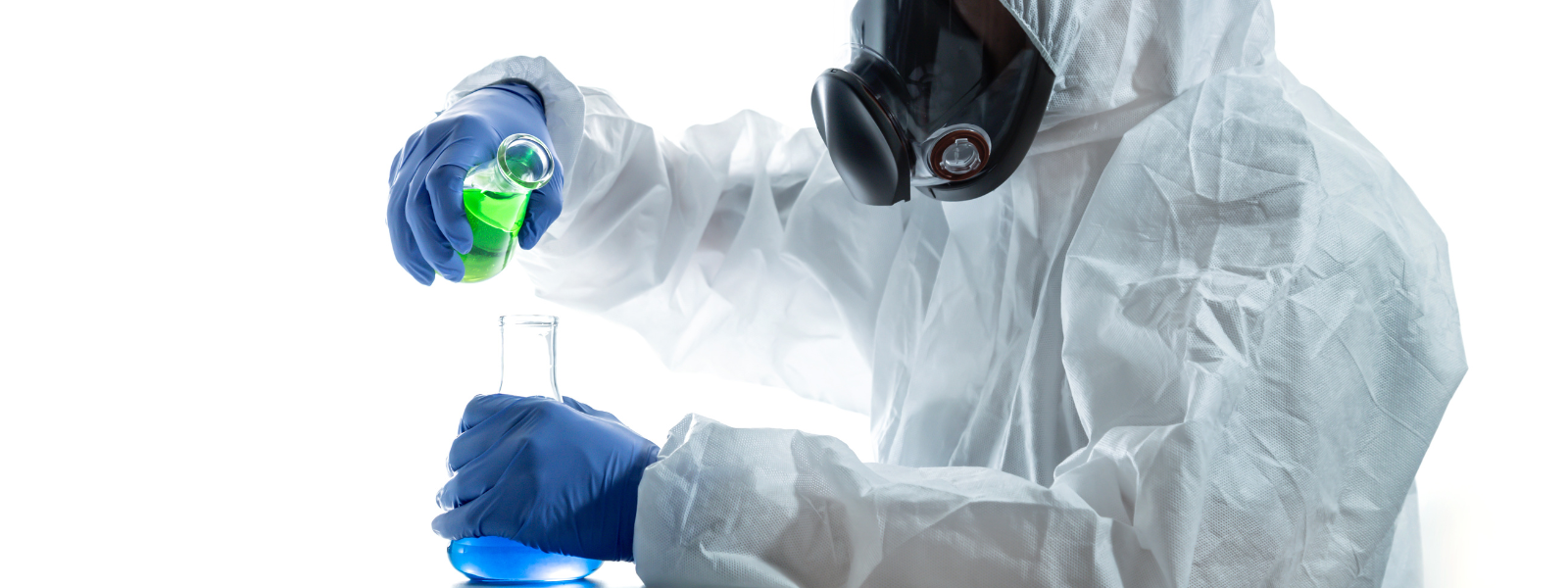Dielectric solvents are essential components in various industrial processes, especially in electrical applications. These specialized solvents have unique properties that make them ideal for special tasks, such as insulating electrical components and cleaning sensitive equipment. Without these chemicals, many industrial tasks would not be possible. This blog post will examine the applications of these chemicals and how to apply them safely in industrial tasks.
Applications of Dielectric Solvent
These solvents find numerous applications across different industries, primarily due to their insulating properties and compatibility with electrical components.
They are commonly used for insulating electrical components and devices, such as transformers and high-voltage cables.
They prevent electrical arcing and short circuits by providing an effective barrier between conductive parts.
Additionally, these solvents are utilized for cleaning delicate electronic equipment.
In manufacturing processes, they help in the removal of unwanted residues from electronic components, facilitating repair and rework tasks.
Benefits of Dielectric Solvents
Dielectric solvents offer several advantages in industrial applications, making them preferred choices for specific tasks. Some benefits include:
- Insulation
- Low surface tension
- Residue-free cleaning
- Non-corrosive
Safety Considerations When Using Dielectric Solvents
This solvent can harm users if not used and handled safely. Adequate ventilation is crucial when using dielectric solvents, especially in enclosed spaces. Some solvents may be flammable or combustible, making them essential to store and handle away from ignition sources. As with any harsh chemical or solvent, workers should wear appropriate personal protective equipment (PPE), including gloves, goggles, and respiratory protection, to minimize skin contact and inhalation of vapors. Finally, proper storage and disposal of dielectric solvents are critical for safety and environmental protection. Always store solvents in approved containers and dispose of them following local regulations.
Where Can I Learn More?
These solvents are used in various industrial applications, providing electrical and adhesive removal capabilities. Businesses across many sectors leverage these unique properties to enhance the performance and reliability of their electrical and electronic systems. However, safety considerations are crucial when using them. To aid your business with all solvent and chemical needs, Ecolink has been providing help for over thirty years. You can browse our online store here or contact our team of experts for further assistance here!















